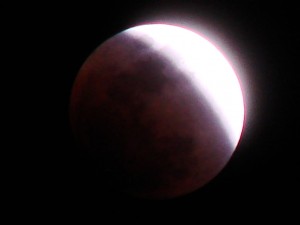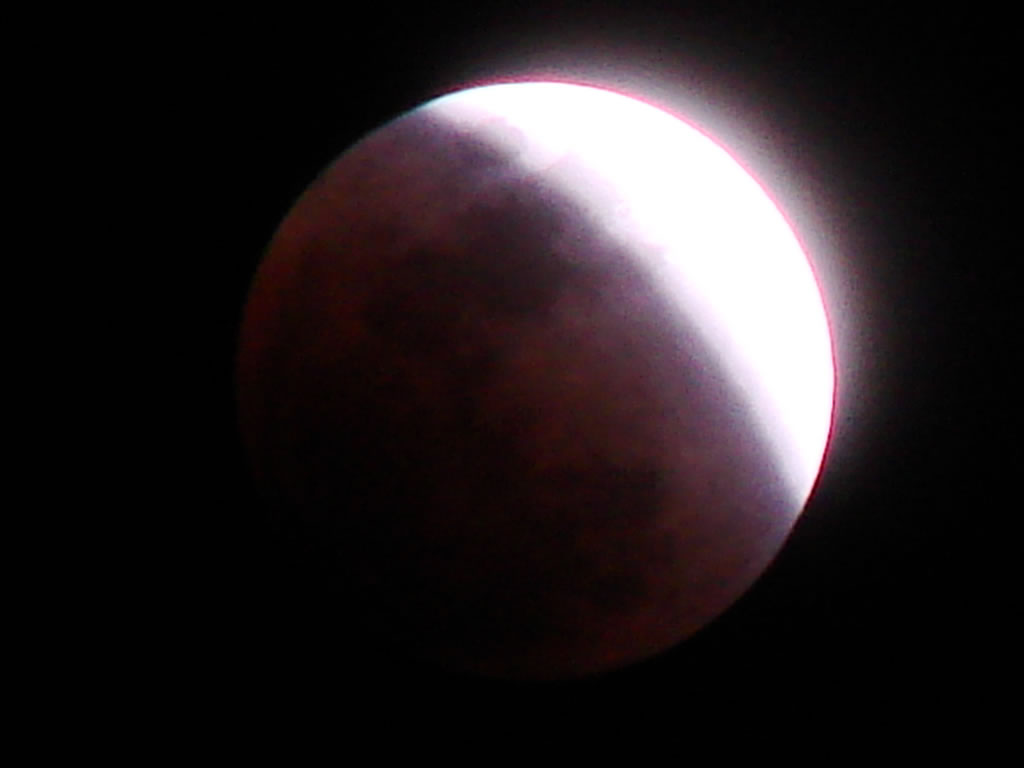An article in last week’s Guardian laments the lack of speculative fiction – that’s science fiction and fantasy in common parlance – novels making the Booker prize list.
 Science fiction and fantasy, traditionally viewed with grave suspicion by the supposedly more ‘serious’ of the mainstream fiction genres, have together been a flourishing literary canon for years; Tolkien’s Lord of the Rings regularly polls in high places as ‘Most Read,’ whilst writers like China Mieville, Alistair Reynolds and Peter F Hamilton have been patiently carving out successful careers with epic science fiction and fantasy novels for many years.
Science fiction and fantasy, traditionally viewed with grave suspicion by the supposedly more ‘serious’ of the mainstream fiction genres, have together been a flourishing literary canon for years; Tolkien’s Lord of the Rings regularly polls in high places as ‘Most Read,’ whilst writers like China Mieville, Alistair Reynolds and Peter F Hamilton have been patiently carving out successful careers with epic science fiction and fantasy novels for many years.
Perhaps part of the difficulty lies in the boundary-defying nature of some of the novels associated with sci-fi and fantasy. Alistair Reynolds and China Mieville include a luxurious element of the gothic in their novels; Susanna Clarke’s Jonathan Strange and Mr Norrell offered an alternative history take on fantasy, where magic is commonplace and is used in the Napoleonic Wars. Similary, Mary Gentle’s sprawling Ash: A Secret History follows the same character across centuries. Perhaps it’s simply the scope of the novels that causes them to be dismissed: Peter F Hamilton’s epic space-opera sagas, Michael Moorcock’s long-running Elric or Hawkmoon tales stride across whole volumes.
But with writers such as Philip K Dick, John Brunner and Michael Moorcock all a part of the canon, it’s hard to ignore the impact of science fiction and fantasy literature.
Perhaps this year will change all that.
Posted by Dan Harding, Deputy Director of Music at the University of Kent. Click here to read his music blog, ‘Music Matters.’

